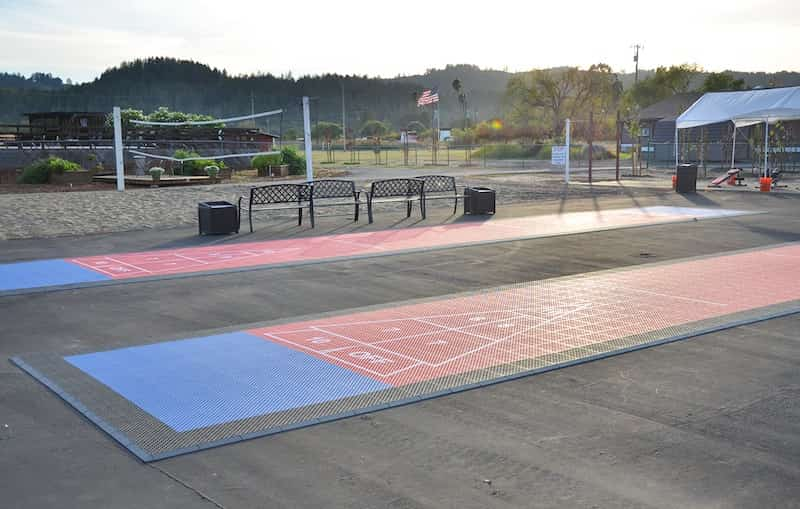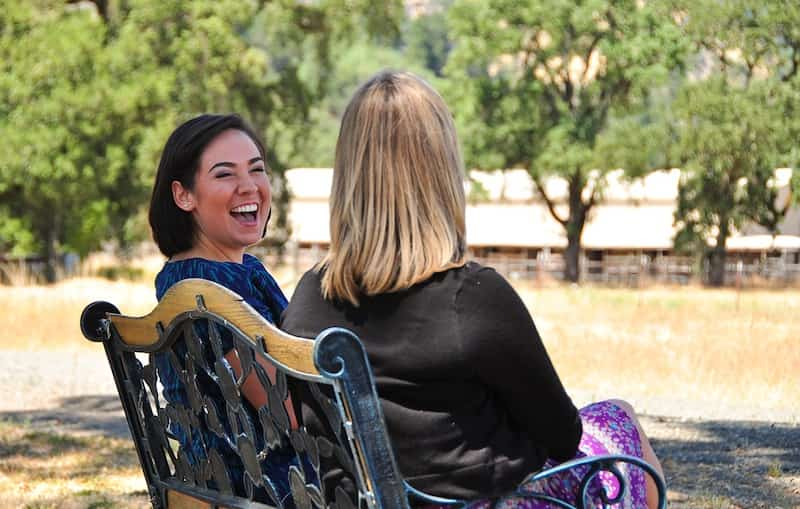With over 38,000 guests treated and a completion rate of over 90%, Duffy’s Napa Valley Rehab outperforms other prescription painkiller addiction treatment & detox centers by building the necessary foundation for long-term recovery. Duffy’s provides in-house detoxification services for a smooth transition into residential care.
Learn About Relapse
Understanding Prescription Painkiller Addiction Relapse
Prescription drugs are everywhere, with countless varieties of medications that provide relief for individuals throughout Northern California and the United States. Unfortunately, however, the addictive properties of many prescription drugs frequently lead individuals into patterns of abusing them, ultimately wreaking havoc on all aspects of their lives. Regardless of the type of medication that a person abuses, which can include prescription painkillers like Vicodin and OxyContin, stimulants like Ritalin and Adderall, and benzodiazepines like Xanax and Klonopin, once an individual begins taking these medications outside of their prescribed guidelines, he or she runs the risk of becoming addicted to them. And once that addiction has developed, it can be a monumental challenge to overcome.
Because of the courage and dedication that it takes to defeat an addiction to prescription medications, individuals who do so should be proud of their accomplishment, and they should celebrate their success. Yet, it is important to keep in mind that initially overcoming one’s addiction does not mean that the battle is over. Addiction is a life-long challenge that requires one to make a conscious effort to remain successful in his or her recovery.
When an individual receives care at a reputable recovery treatment center in order to overcome his or her addiction to prescription medications, the professionals at that treatment center should work with him or her to develop a thorough discharge plan. The purpose of this is to provide patients with the best chance of remaining sober once they have completed programming in the structured treatment setting. By receiving a discharge plan, and adhering to the suggestions outlined in that plan, individuals have the ability to sustain lasting sobriety.
Why People Relapse
Reasons Why People Experience Prescription Painkiller Addiction Relapse
The ongoing challenges that the presence of an addiction causes to arise in an individual’s life unfortunately means that even once he or she has initially overcome his or her compulsion to abuse prescription drugs, he or she is consistently at risk for relapsing. Prescription drug relapse occurs when an individual has been sober for a period of time, but then begins consuming his or her drug of choice once again. Relapsing is not an uncommon occurrence for those who are in recovery or never received professional treatment, so it should not be viewed as a failure or a sign of personal weakness. Rather, individuals can take a positive standpoint and view it as a temporary setback that can help them become more dedicated to achieving sobriety once again and sustaining that sobriety for the long-term.
Unfortunately, the prevalence of prescription drugs can make it seemingly impossible for individuals to avoid them. Unlike illicit substances, such as cocaine, heroin, or methamphetamines, prescription drugs are legal and can be acquired much more easily than can those substances which are illegal. This fact can make it even more challenging for individuals in recovery to maintain their sobriety.
There are a number of occurrences that can arise in an individual’s life that can ultimately cause him or her to relapse into a problematic pattern of prescription painkiller abuse. Such occurrences can include the following:
- Experiencing a significant loss, such as the demise of an important relationship or the death of a loved one
- Being faced with extreme stress at work, school, and/or in one’s personal life
- Experiencing financial turmoil
- Suffering from a trauma
- Believing that one can consume prescription medications and then be able to stop
- Being surrounded by other individuals who are abusing prescription drugs and/or other types of substances
- Failing to follow through on the aftercare plans that were outlined during one’s time in treatment
- Suffering from an injury or undergoing a medical procedure for which prescription painkillers may be prescribed
- Experiencing the symptoms of a mental health or medical condition that warrants the prescribing of other types of medications
Preventing Relapse
How to Prevent Prescription Painkiller Addiction Relapse
Despite the fact that relapsing is not uncommon, it is not something that has to happen to everyone. Or, even if someone has experienced a relapse, he or she can prevent it from occurring again. Examples of ways in which individuals can achieve lasting recovery and prevent themselves from relapsing can include, but are certainly not limited to, the following:
- While in treatment, ensure that you have a clear understanding of the continuing care options that are available to you. If the professionals with whom you are working do not supply options for aftercare services, take the initiative to learn about them on your own.
- Seek out support groups within your community. Additionally, make an effort to consistently attend 12-Step meetings, such as those available through Narcotics Anonymous (NA).
- Find a sponsor with whom you feel comfortable. Remain in frequent contact with him or her, especially when you are feeling tempted to use.
- Consider becoming a sponsor yourself. By taking on the role of supporting another individual, you may feel more motivated to maintain your sobriety, as this individual can hold you accountable to your actions.
- Discuss the plans that you have for sustaining your sobriety with close friends and family members. Additionally, express the fears that you have about relapse to them so that they can help you avoid triggers or situations that may elicit a temptation to use.
- Practice the coping skills that you learned while in treatment.
- Do not associate with individuals who are abusing prescription medications or any other kind of substance.
- If you develop a medical or mental health concern that requires treatment through the use of prescription medications, be honest with your treatment provider about your history with addiction so that he or she can make appropriate adjustments to your treatment regimen, if possible.
If you do experience a relapse, seek help. You do not need to be ashamed; instead, get the support and care that you need to prevent it from happening in the future.
If you are suffering from an addiction to prescription medications, or if you have a loved one who is battling such, please contact the knowledgeable and compassionate professionals at Duffy’s Napa Valley prescription drug relapse recovery program in Northern California. We want to help you achieve the health, wellness, and happiness that you deserve.























